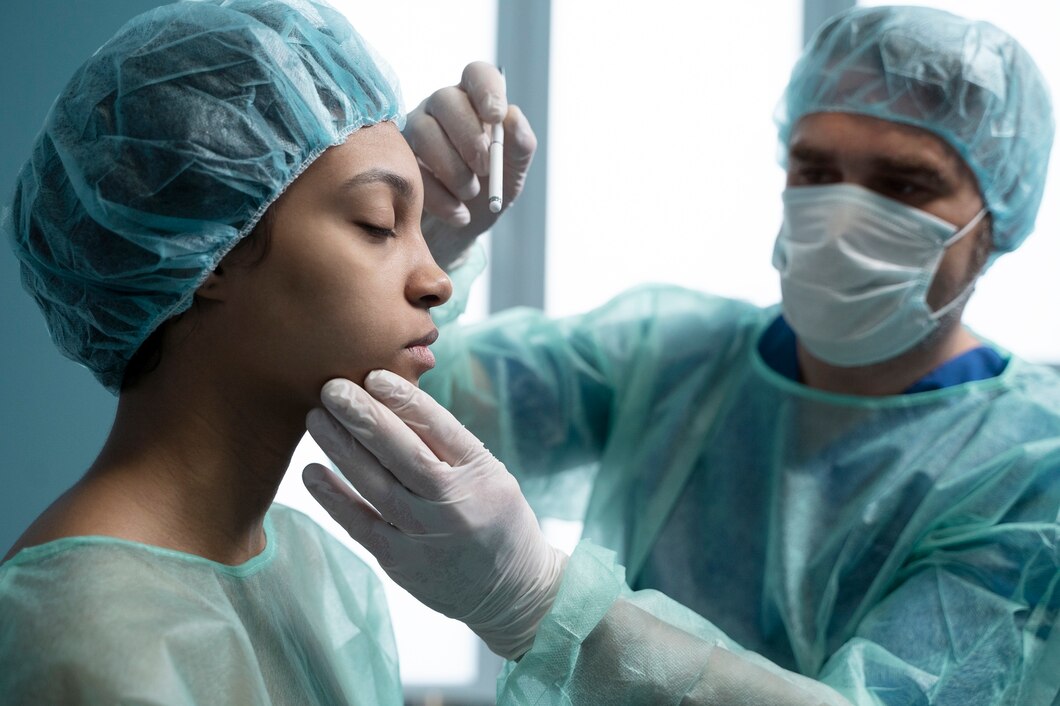Cosmetic surgery has gained significant popularity among South African women seeking to enhance their appearance and boost self-confidence. However, like any medical procedure, cosmetic surgery carries potential risks and complications. Understanding these complications and knowing when to seek medical attention is crucial for a safe recovery. Here are 15 essential tips for navigating post-operative complications.
1. Recognize Common Complications
Common complications after cosmetic surgery include infection, excessive bleeding, blood clots, and adverse reactions to anesthesia. Familiarize yourself with these issues to identify them early.
2. Stay Informed on Symptoms
Educate yourself about specific symptoms that may indicate complications, such as severe pain, swelling, redness, or discharge from the incision site, fever, or unusual bruising.
3. Trust Your Instincts
If something feels off or not as expected during your recovery, don’t hesitate to reach out to your healthcare provider. Trusting your instincts can be vital in preventing further complications.
4. Follow Post-Operative Instructions
Adhering to the post-operative care plan provided by your surgeon is crucial. This includes taking prescribed medications, attending follow-up appointments, and avoiding certain activities.
5. Watch for Signs of Infection
Infections can develop after surgery. Signs include increased redness, swelling, warmth around the incision, pus or foul-smelling drainage, and fever. If you notice these symptoms, contact your doctor immediately.
6. Monitor Your Pain Levels
While some discomfort is normal, escalating pain may indicate a problem. Report any severe or persistent pain to your doctor.
7. Be Aware of Excessive Swelling or Bruising
Swelling is expected, but significant or prolonged swelling can signal complications. If your swelling worsens or doesn’t subside after a few days, consult your surgeon.
8. Identify Symptoms of Blood Clots
Be vigilant for signs of blood clots, such as swelling, pain, or discoloration in your legs, or sudden shortness of breath and chest pain. These can be serious and require immediate medical attention.
9. Understand the Risks of Scarring
Scarring is a common concern after surgery. If you notice excessive scarring or changes in your skin, consult your doctor for options to manage or treat it.
10. Don’t Ignore Changes in Sensation
Loss of sensation or numbness around the surgical area can occur, but significant changes or persistent sensations may indicate nerve damage or other complications. Report these to your doctor.
11. Communicate Openly with Your Surgeon
Maintaining open communication with your surgeon is vital. Share any concerns or symptoms you experience during recovery to ensure appropriate care.
12. Consider Emotional Well-Being
Cosmetic surgery can impact emotional health. If you experience prolonged feelings of anxiety, depression, or dissatisfaction with results, seek support from a mental health professional.
13. Be Prepared for Unforeseen Issues
Sometimes, complications arise unexpectedly. Stay calm and prepared to address these challenges by knowing who to contact and what steps to take.
14. Know When to Seek Help
If you experience any of the following, contact your doctor immediately:
- High fever (over 38°C)
- Severe abdominal pain
- Significant changes in heart rate
- Persistent vomiting
15. Plan for Recovery Time
Allow yourself adequate time to recover. Rushing the healing process can lead to complications. Discuss a realistic timeline for recovery with your surgeon before the procedure.
Understanding the potential complications after cosmetic surgery and knowing when to call your doctor can significantly impact your recovery experience. Prioritizing your health and well-being during this time will help you achieve the best possible results from your procedure. Always remember that your surgeon is there to support you, so don’t hesitate to reach out with any concerns.








